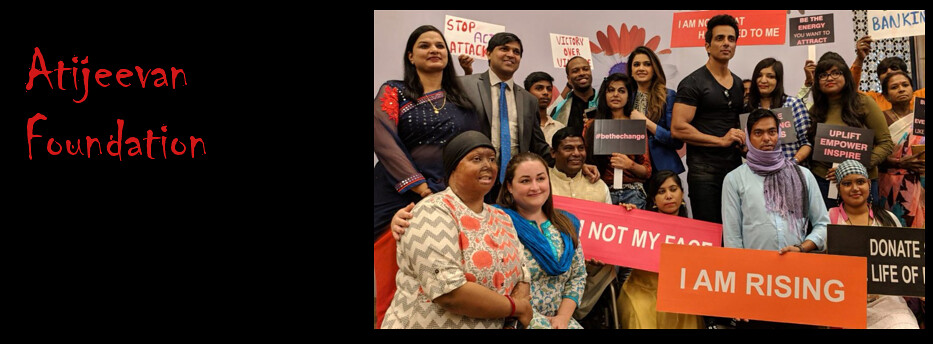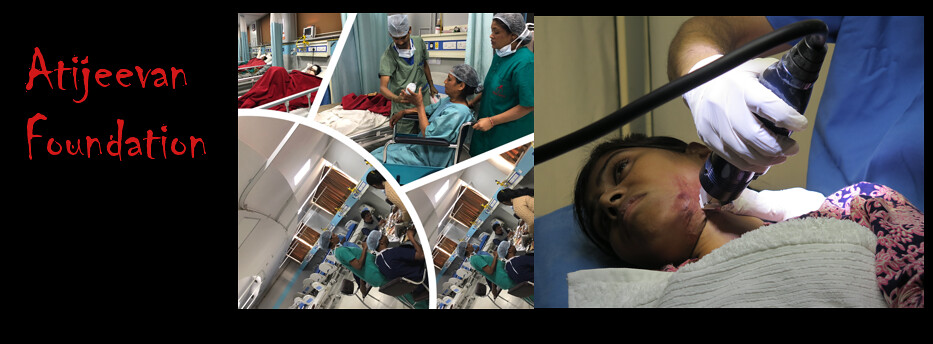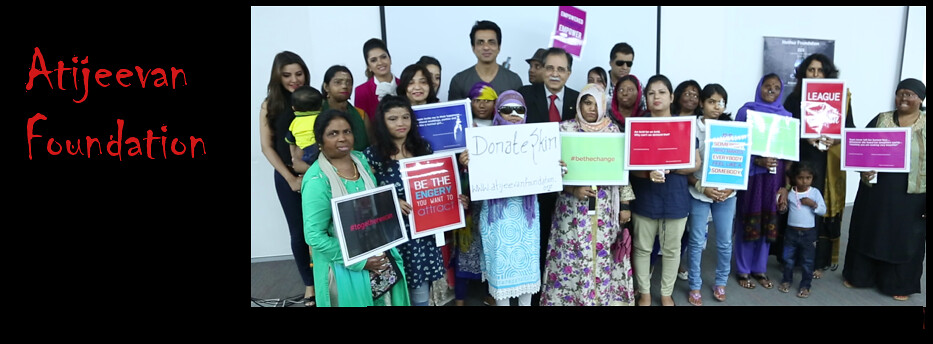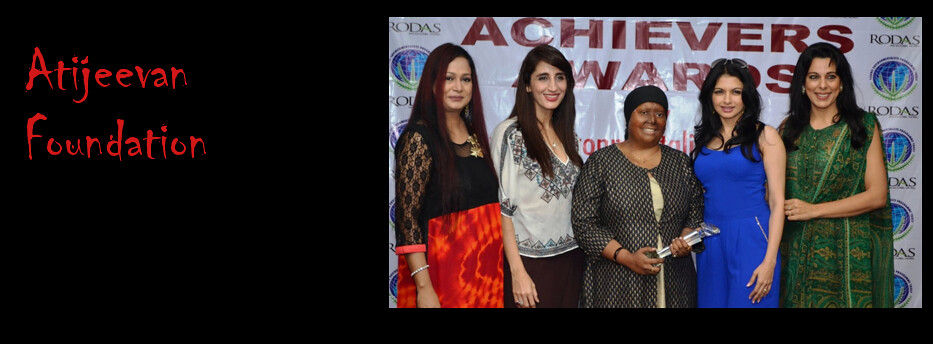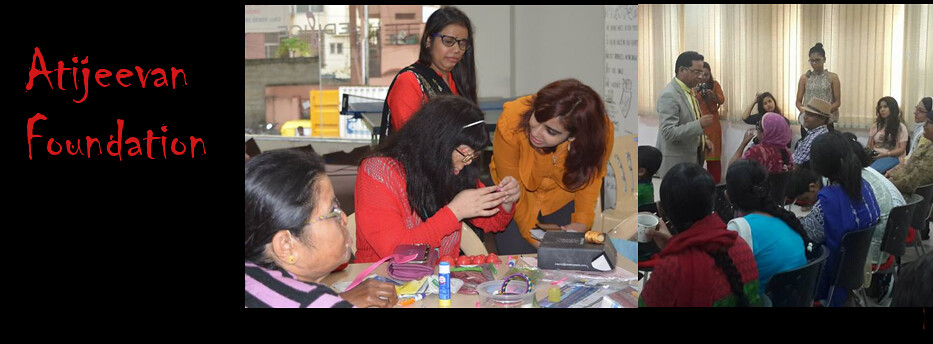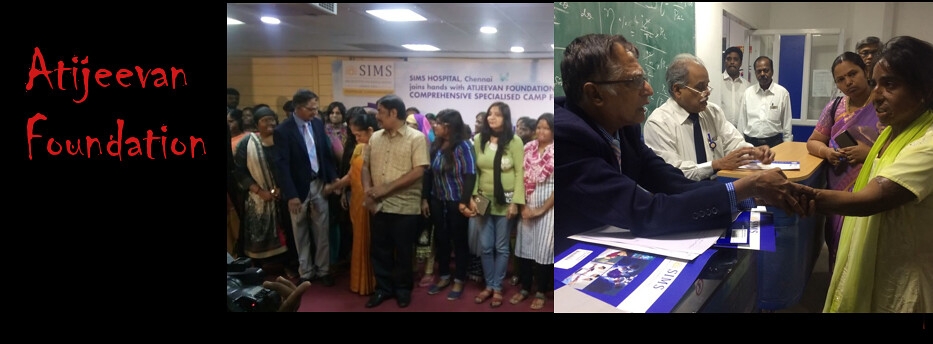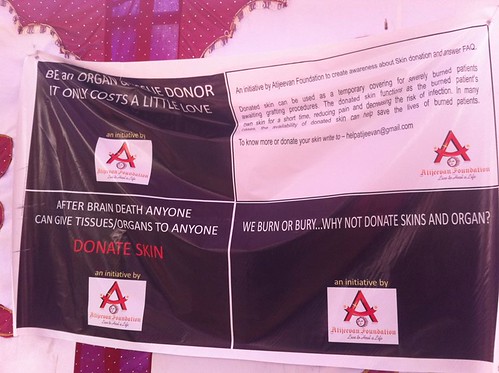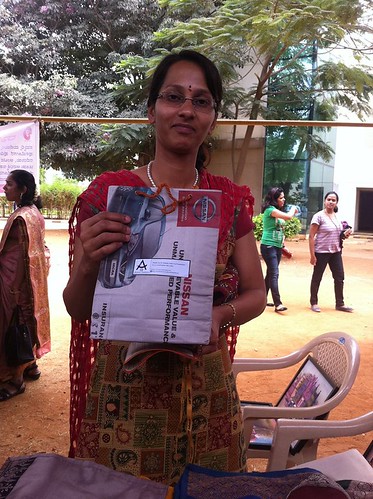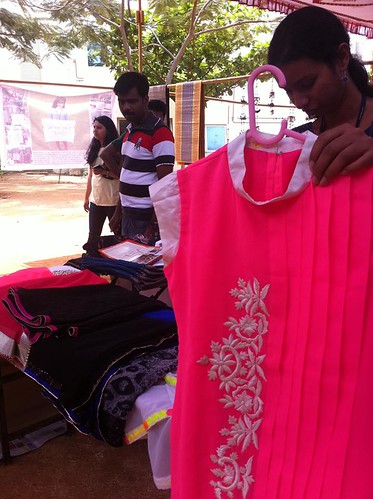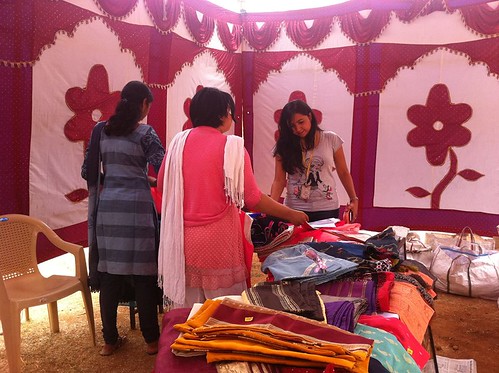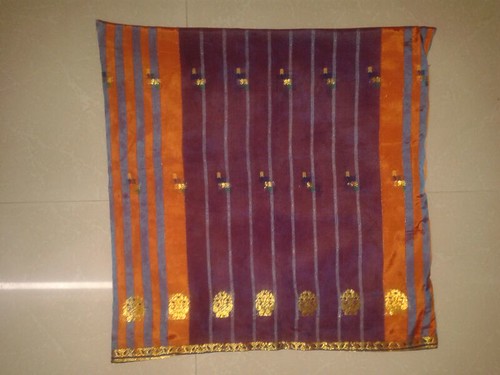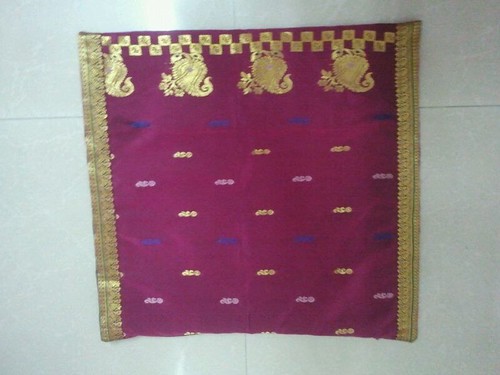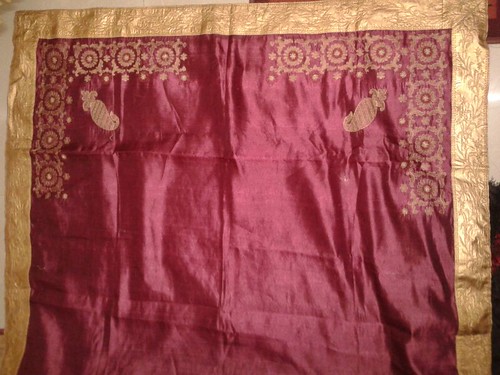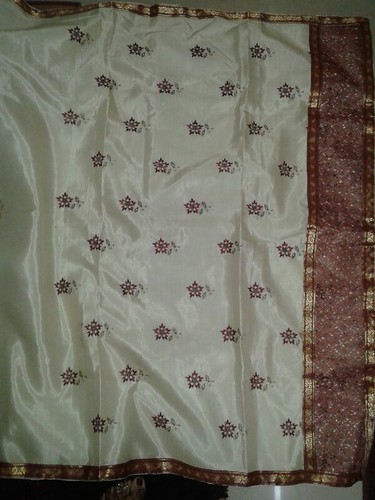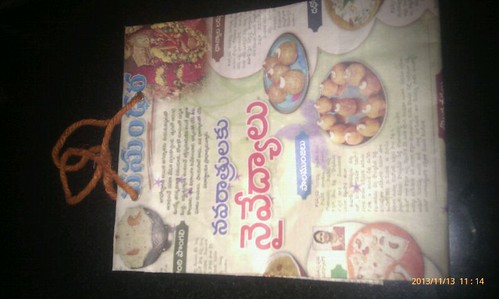
I grew up in Patna, Bihar. By the time I was in school, Lalu Prasad Yadav was the Chief Minister, and the Sadhu Yadavs and Pappoo Yadavs were in charge. Girls were looked at as a liability because dowries were rampant. We were four daughters with one brother. My father was in the merchant navy and my mother took care of us. Growing up, I was aware that ‘chaar beetiya’(four daughters) was either a taunt or a point of sympathy, “Oh God, you’ll have to get them all married. Kya kharcha hoga.” A descendant of Mangal Pandey (soldier involved with the First War of Indian Independence), my mother was progressive. Her father had been shot during the first Jai Prakash Movement. She grew up with her naniji (grandmother) because her widowed mother studied, entered the civil services, remarried, had another child and then brought my mother to live with her. But my mother felt like an outsider and was married at 16. She had a sense of pride but not the grounding that a girl can get from growing up with both parents. I think she had the five of us kids because we gave her structure. When the world was saying “chaar beetiya”, she would tune out and insteadurge us to do well. We were the father she didn’t have growing up.
I felt I had to take care of my mother; she should never feel we were a liability. I was a topper in class one and in the elocution and debate society. One day I returned from school with an award cup and my mother was so happy, she started jumping and dancing. That became the benchmark… how do I make her happy? Children are often asked, “Do you love your father or mother more?” I was obsessed with both. My father was the Santa Claus. He would return from his trips with chocolates. He was educated in England and was a topper too; and from him we learned about the world. Unfortunately, his parents forced him to marry early and he was not reconciled with it. Maybe it was the differences between him and my mother. It was the British Babu marrying the bhoomi ki beti.
As we were growing up, our father’s drinking disturbed us. He would break things at night in anger. We had this dreaded feeling that everyone in the neighbourhood was listening. Although we were also aware that our neighbours were enamoured by him - he appeared to them like a foreigner among Biharis.
Immersed in my studies, every day I thought: “How to be better?”
I wouldn’t be who I am without these moments. I look at youngsters today. For every decision they turn to their parents. I hear my peers talk about their marriage decisions, “Oh, my father rejected him” or “my mother rejected her”. I could decide for myself, and both my parents appreciated this ability to think independently.
THE CHILD AND HER DREAM
A few years ago, my mother died. I’ve not been able to come to terms with the way she passed away. Her kids, who were her anchor, were all in the metros while she was in Patna. She refused to move in with us and wanted to be with her husband.
One day I got a call, “Your mother’s sari caught fire while she was cooking, and she is badly burnt.” I flew to Patna to see her. She was in the hospital on ventilator support and the doctor told us, “The electricity might go out anytime, so just take the ventilator off or she’ll suffocate.” In a Bihari hospital, you feel like you’re in a movie.
We flew her to Mumbai on a Kingfisher flight; she was fully bandaged and the airhostess was crying. But I had to be strong because it was my mother. A month later, she passed away.
YourStory has become the voice of many startups in the country, but my mother didn’t get to see this. Sometimes people say to me, “You have an insane drive to grow YourStory”, but from childhood I’ve been working to create something for one person and now that person is not there. I have had to find a new meaning. YourStory is your story, because being valuable to others gives me a sense of purpose.
I once hired someone senior who wrote, “You’re a very hormonal woman.” It touched a nerve. I freaked out and then came to accept it. My hormones (although that was a male, narcissistic way of saying it) and my emotions are what allow me to work on YourStory the way I do. I had to also, most respectfully, throw the guy out. I think the opposite; that emotional quotient is very importance. IQ matters less.
My husband Gaurav and I met at St Stephen’s College. He was studying maths and I, history. His mother had cancer when I first met him. When his mother passed away, he didn’t have a place to stay. I asked him, “Why don’t you stay with me?” I rented a place in Delhi. This was revolutionary for a 19-year-old Bihari girl. We had a court marriage at 23 and today we’re 33. Our similar backgrounds and aspirations define us. I’m a louder version of him.
I would be lying if I said that our thirteen years together have been easy. There’s no work-life balance. I work all the time. Since YourStory began, staying with me is a traumatic experience for him. I’ve had a steady stream of upheavals at work, and there was the barren period after my mother. But he stood by me.
I would say he’s my equal.
Back when we were still unmarried, he told me, “I’m going to book a very big vehicle for you and we’ll go together… only us; it’ll be spacious and nothing like India has seen before.” And I thought, “Wow, what is it going to be?” He said, “I’m going to book an entire DTC bus.” In the construct of Dilli dikhawa, I found this refreshing.
When I was his girlfriend, he promised me, “I will give you the best in life.” And he went on to do that. He studied at IIM-Bangalore, was in the founding team at Nomura India and then worked his way to becoming a Director at Unitus Capital. At Unitus Capital, they said he was family. This defines our relationship. Our work gives us meaning. We both sleep well.
We’ll never work together because we appreciate our independence. I’ve seen what happens to the wife in husband-wife startups. At some stage, to save the marriage, the woman steps back or steps out. I am just beginning. YourStory is just getting started. We have the hunger to experience more as it grows.
STAYING THE COURSE
When I worked for a business news channel I came across many young entrepreneurs who’d say, “Why are you not listening to my story? Listen to me.” I saw the need to start something, but my colleagues felt there was no advertising currency in collecting stories of unknown entrepreneurs. However, I felt that if we don’t feature young entrepreneurs in their early days, how can we give them the confidence to know that what they’re doing is of interest?
I started YourStory as a blog at night while working with the channel. I knew how newspapers and TV channels work and applied those business practices to YourStory. With the exception of two people I asked to leave, everyone has stayed with YourStory since the beginning.
Vallabh was the first to join YourStory. I was in Mumbai, he in Bangalore. We spoke on the phone and liked each other. He was a college dropout. I asked him to write and he did.
One day Microsoft told us, “Hey, we’ll give YourStory a five-minute slot to speak before a large conference of entrepreneurs.” My mother was in hospital then and I asked Vallabh to do it. He bought a coat and formal shoes. It was his first suit. I was in the hospital and couldn’t send the money, and I wasn’t even paying him then. He called and said: “Shradha, I bought my suit and shoes and will make YourStory proud.” And then he practised his speech with me.
My mother remained in the hospital and I was out of my mind. Vallabh kept the site running. The day my mother passed away, I called and gave him the news. He didn’t know what to say. He was a young guy. He asked, “Are you okay?” And I said, “Yes.” And then I didn’t speak to him for a month and the site kept running. I wasn’t paying him. The first time I paid him a few months later, it was something like Rs. 1,500. Had he not been there, the site would have died a slow death.
For more information visit: http://yourstory.com/ or connect at https://www.facebook.com/YourStory.in





